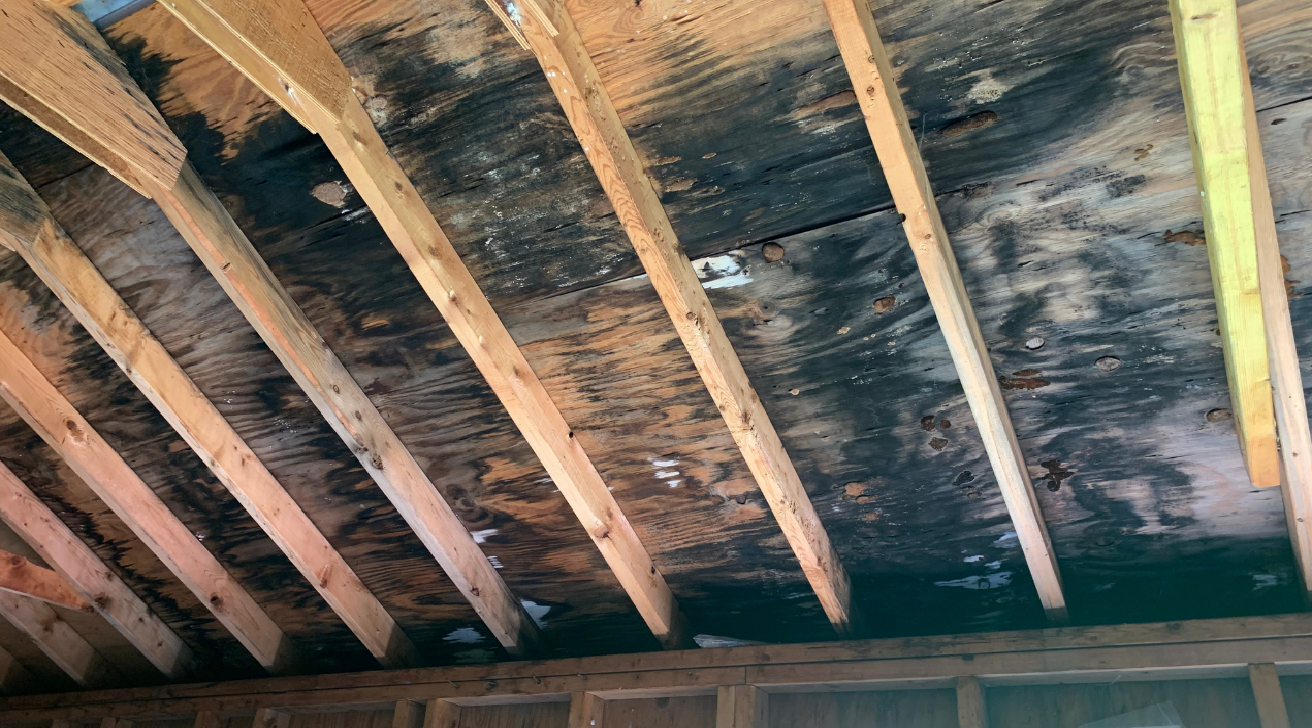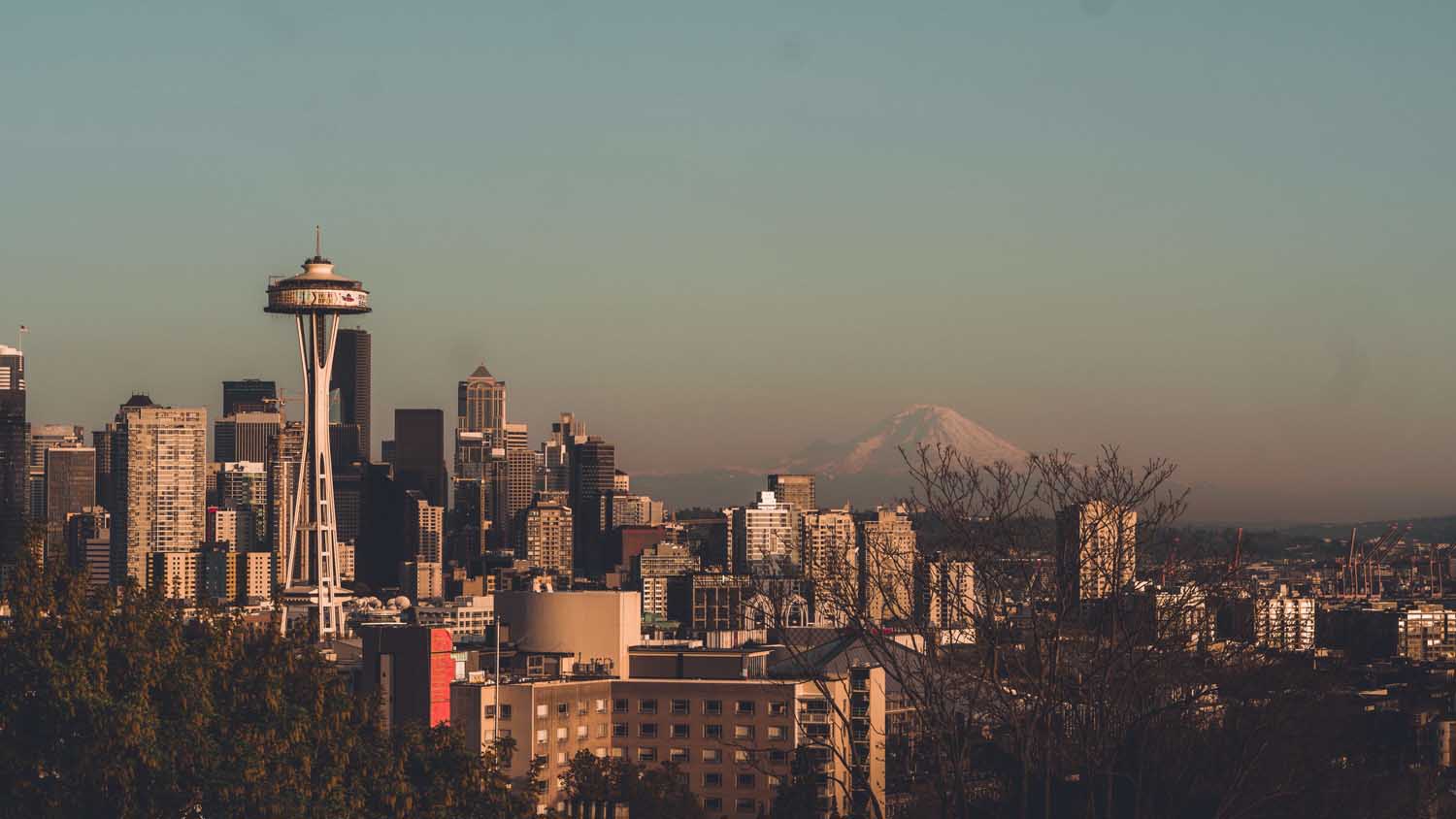Mold Testing Services in Tacoma, WA
If you’re concerned about potential mold growth in your home or business, you’ve taken the first step in safeguarding your property and health by learning more about mold inspections. At PNW Mold Control, we offer comprehensive mold testing services in Tacoma and the surrounding areas. Our goal is to help you identify mold problems accurately, prevent further spread, and maintain a safe indoor environment. With our expert team at your side, you’ll have the information you need to make the right decisions about mitigation and remediation—ensuring your living or working space remains healthy and comfortable for everyone.
Understanding Mold Growth in Tacoma
Mold growth isn’t just a cosmetic issue. It can compromise indoor air quality, damage structural components of a property, and lead to health problems if left unchecked. Tacoma’s Pacific Northwest climate—with its high levels of rainfall and generally humid environment—creates an ideal setting for mold to thrive. That’s why professional testing is critical. By understanding what conditions make mold flourish, you’ll be better equipped to take preventive steps.
Mold tends to flourish in damp, dark, and poorly ventilated areas, such as basements, crawl spaces, attics, and bathrooms. Water intrusion from leaks, floods, or pipe bursts can accelerate mold development. Even small issues, like a tiny leak under a sink or a hidden crack in a wall, can lead to rapid mold growth. In Tacoma’s climate, any form of unchecked moisture can serve as a gateway for various mold species.
Common Signs of Mold
- Musty Odors: If you notice an unusual, musty smell in a particular room, you could be dealing with hidden mold colonies.
- Visible Growth: Mold can appear as spots or patches of black, green, white, or even yellowish discoloration on walls, ceilings, floors, or furniture.
- Health Symptoms: Respiratory distress, persistent coughing, itchy eyes, and nasal congestion are often linked to mold exposure, especially in individuals with allergies or weakened immune systems.
- Dampness or Water Damage: Any signs of water damage—such as peeling paint, bubbling wallpaper, or warping floors—should be treated as a potential indicator of mold.

Why Professional Mold Testing Is Crucial
You might wonder if you can simply handle mold inspection yourself. While DIY test kits exist, these often provide limited insights and can lead to inaccurate conclusions. A professional mold inspection and testing service comes with specialized equipment and trained technicians who know how to spot even hidden or dormant mold growth. They also know how to handle mold samples properly and send them to accredited labs for detailed analysis.
Consulting a professional ensures that you get the most accurate, science-backed findings possible. By hiring an experienced team like PNW Mold Control, you’re receiving:
- Comprehensive Assessment: We check all areas of concern—visible and hidden. This includes attics, crawl spaces, insulation, ventilation systems, and more.
- Scientific Sampling: Professionals collect air and surface samples using industry best practices to ensure reliable results.
- Accredited Laboratory Results: Samples are analyzed using state-of-the-art technology, allowing us to identify mold types and their concentration levels.
- Clear Recommendations: A professional report will help you interpret test results and decide on the best course of action, whether that’s remediation, moisture control, or preventative maintenance.
Our Mold Testing Process
At PNW Mold Control, we’ve developed a thorough process designed to give you peace of mind about your property’s mold status. Our process includes:
1. Detailed Inspection
We begin with a visual inspection to identify areas where mold may be growing. We look for signs of water damage, leaks, or any structural issues that might encourage mold development. Using specialized tools like moisture meters, infrared cameras, and hygrometers, we can detect water intrusion and humidity levels even in seemingly dry areas. This initial step helps us determine which areas require sampling and how extensive the testing should be.
2. Air and Surface Sampling
Next, we collect samples in a highly controlled manner to avoid cross-contamination. Air samples can reveal the presence of mold spores that might not be visible to the naked eye. We compare indoor air samples against outdoor samples to establish a baseline for normal mold spore levels in your geographic area. Surface samples—often taken from walls, ceilings, or furniture—can confirm the type of mold growing in specific areas.
During this phase, we’re meticulous about recording the exact locations, conditions, and any other notable factors so that our lab analysis and final report will provide you with the clearest, most actionable information possible.
3. Laboratory Analysis
Once we collect the samples, we send them to an accredited laboratory for microscopic evaluation. This detailed analysis identifies the specific types of mold present—common strains like Aspergillus, Penicillium, and Stachybotrys (black mold), among others—and quantifies spore counts. Knowing the mold types and their concentration levels is critical for deciding next steps. Certain molds pose higher health risks, while others may simply be opportunistic. Lab results generally take a few days, but the precise turnaround time can vary.
4. Comprehensive Report
After we’ve received and interpreted the lab results, our team puts together a detailed report outlining all findings. You’ll learn which species of mold are present in your indoor environment, where they’re concentrated, and how serious the issue may be. We’ll also provide recommendations on how best to address the problem—whether that’s professional remediation, sealing water leaks, or taking preventive steps to control humidity levels.
Key Benefits of Working with PNW Mold Control
- Decades of Experience: Our team members are industry veterans, bringing years of real-world experience in mold testing and remediation.
- State-of-the-Art Equipment: From moisture meters to infrared technology, we utilize the latest tools to detect mold quickly and accurately.
- Transparent Communication: We never leave you in the dark. Throughout the process, we’ll keep you informed about what we’re doing and why.
- Fast Turnaround: We understand the urgency of mold problems. Our streamlined protocols help us conduct inspections, collect samples, and deliver lab results as quickly as possible.
- Customized Solutions: Every home or business is unique. We tailor our testing process and recommendations to match your specific needs and concerns.
We don’t just hand you a lab report and disappear. We walk you through every piece of data, clarifying which mold types are harmful, which ones might be normal for your environment, and how to proceed. By partnering with us, you’ll gain the knowledge and confidence needed to maintain a healthy indoor space.
Common Mold Species in Tacoma
Although mold can appear nearly anywhere, some species are more prevalent in Tacoma due to its moist climate. Here are a few common culprits:
- Aspergillus: Often found in areas of water damage and can cause various allergic reactions.
- Cladosporium: Tends to grow on fabrics, wood, and other porous materials. It’s relatively widespread and can trigger asthma symptoms.
- Penicillium: Known for its ability to spread rapidly, often taking hold in damp building materials like insulation and upholstery.
- Stachybotrys (Black Mold): Produces toxic compounds known as mycotoxins and can be extremely hazardous. Generally thrives in areas that remain wet for extended periods.
By understanding the mold species present, you’ll be better prepared to tackle them effectively. That’s why professional identification is so important.
Additional Services for a Safer Home
In addition to mold testing, PNW Mold Control also offers a range of services to keep your property mold-free in the long term:
- Mold Remediation: If testing confirms the presence of harmful mold, our remediation team can isolate the affected areas, remove mold-infested materials, and sanitize to prevent regrowth.
- Moisture Control: We focus on finding and fixing water leaks, improving ventilation, and controlling humidity—all vital steps in preventing mold reoccurrences.
- Preventive Maintenance: Regular inspections and HVAC cleanings can help catch mold issues early, saving you time, money, and stress down the road.
- Water Damage Restoration: Our specialists are trained to handle water damage quickly, minimizing the potential for mold growth before it becomes a major issue.
With our full suite of services, you can rest assured that your property is in capable hands throughout every stage of mold prevention and remediation.

Cost and Timeline Considerations
While the cost of mold testing can vary, it’s important to see this as an investment in your property’s health and longevity. Factors influencing cost include the size of your property, the number of samples taken, and whether additional specialized testing (like air quality assessment) is needed. Typically, testing and lab analysis can take a few days from start to finish. However, if we identify an extensive mold issue, the timeline for remediation might extend based on the scope of work required.
We aim to keep our rates competitive and always provide transparent estimates before we begin any work. We’ll never recommend tests you don’t need, and we prioritize cost-effective solutions without compromising on quality.
Protect Your Property—Act Now!
Don’t wait until mold issues escalate into a major health concern or cause structural damage to your home or business. Our team at PNW Mold Control is ready to provide the professional guidance you need for a healthier indoor environment. If you suspect mold or just want the peace of mind that comes with a thorough inspection, Mold Testing Services in Tacoma can give you the clarity and confidence to take action.
Call PNW Mold Control today for a free consultation, and let us help you secure the safety of your property. We’re here to answer your questions, schedule an inspection, and guide you through any necessary next steps. Your home or business deserves the best protection, and we’re committed to delivering exactly that.
Frequently Asked Questions
How do I know if I actually need mold testing?
If you see visible mold, experience persistent musty odors, or notice allergy-like symptoms that worsen indoors, it’s a good idea to get professional testing. Even if the mold is small in size, testing helps you identify the type of mold and the best way to address it. In Tacoma’s damp climate, erring on the side of caution is often wise.
Can I use a home mold test kit instead of hiring professionals?
While home test kits can indicate whether mold spores are present, they often lack the accuracy and detailed analysis you get from professional testing. DIY kits can be influenced by user error and environmental factors. A professional service uses specialized equipment, controlled sampling methods, and accredited labs to ensure reliable, actionable results.
What happens if I ignore mold growth in my home?
Ignoring mold can lead to serious complications, including structural damage and health risks. Over time, mold can spread, weakening drywall, wood, and other structural elements. Prolonged exposure to mold spores can also trigger respiratory problems, allergic reactions, and, in some cases, more severe health issues. The earlier you detect mold, the easier and more affordable it is to deal with.
How long does a mold inspection and test typically take?
A comprehensive mold inspection can range from one to three hours, depending on the size of your property and the complexity of the suspected issue. Collecting air and surface samples usually adds a small amount of time. Lab results are often available within a few days, though timelines can vary based on lab capacity and the type of analysis required.
Does insurance cover mold testing and remediation?
Insurance coverage for mold-related issues varies widely. Some policies cover mold damage if it’s caused by a covered peril like a pipe burst or flood, but many exclude mold altogether. It’s best to review your insurance policy closely or speak with your insurance provider to see what is and isn’t covered. If you do have coverage, keep detailed documentation of inspections, tests, and any recommended remediation steps.
